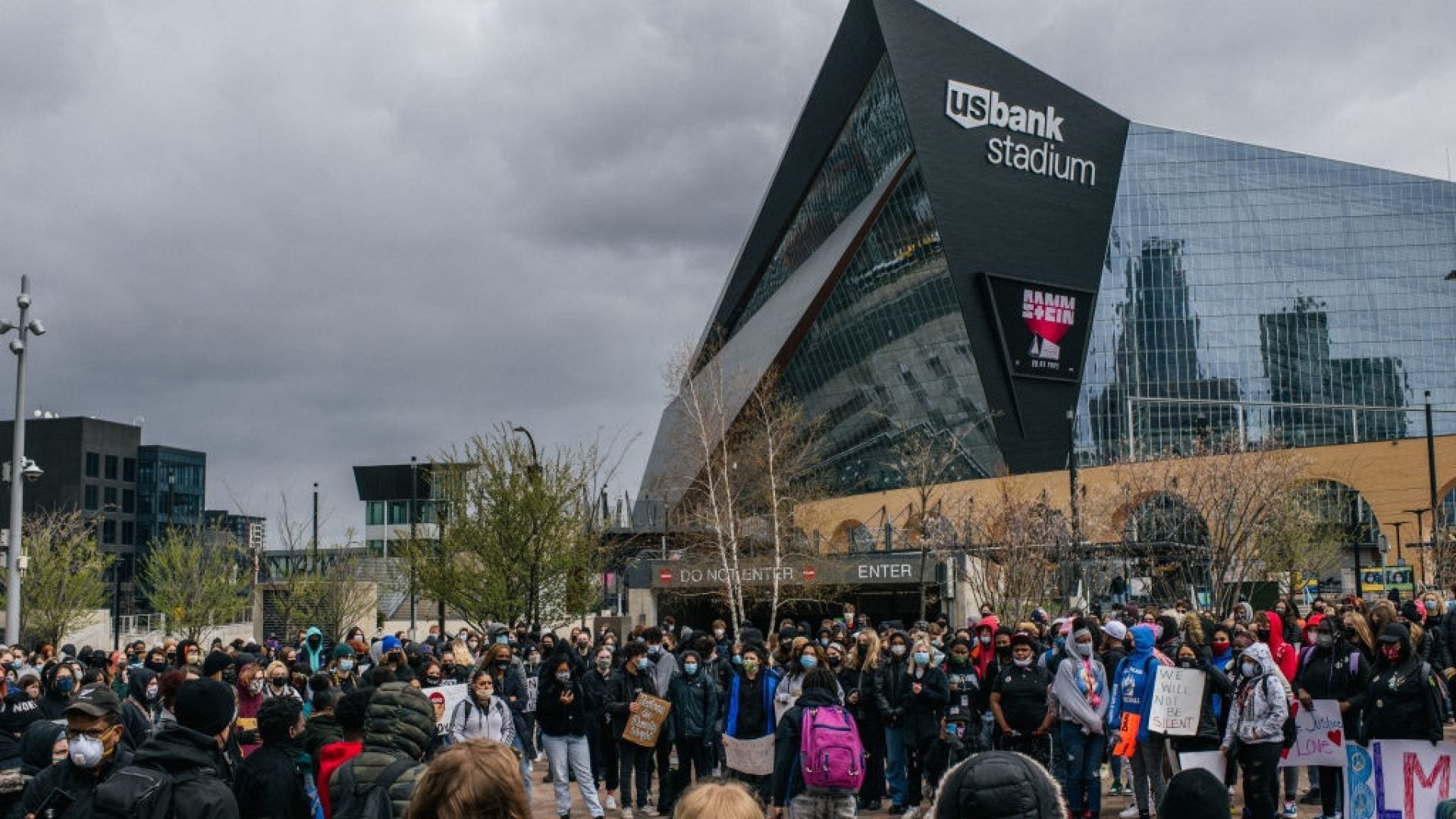
Closing arguments concluded Monday in the trial of Derek Chauvin, the former Minneapolis police officer who is charged with the murder and manslaughter of George Floyd on Memorial Day last year. Chauvin’s fate now rests with a jury, which can take as long as needed to reach a verdict.
As AP reported, both sides gave different accounts of what took place on May 25, 2020. Prosecutors described how Chauvin murdered Floyd by pinning him down for 9 minutes, 26 seconds outside of a convenience store while Floyd cried out for his mother and stated repeatedly that he couldn’t breathe.
Chauvin’s defense attorneys argued that Chauvin should be acquitted of any wrongdoing and that Floyd is to blame for his own death. The defense believes Floyd ultimately died because he ingested Fentanyl and methamphetamine and resisted arrest.

Chauvin faces three charges for the death of Floyd which include second-degree murder, third-degree murder, and second-degree manslaughter. For Chauvin to be convicted of second degree murder, prosecutors will have to prove he deliberately applied force that resulted in harm. For third-degree murder, prosecutors must prove Chauvin’s actions were “eminently dangerous” without regard for human life. For the final charge of second-degree manslaughter, prosecutors have to persuade jurors that Chauvin consciously created an unreasonable risk of great bodily harm or death.
If the jury finds Chauvin guilty of any of the aforementioned charges, the former officer could spend a maximum of 75 years behind bars.
This is an ongoing story. Please stay posted for updates.